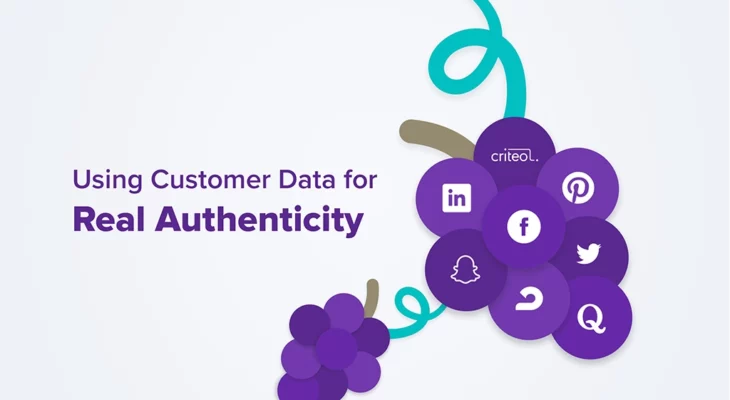Customer data shows shoppers crave “authenticity”. This adjective has become more popular in the business world as of late, but it’s always been a key factor of how we decide whether or not we like a brand. Whether or not we even trust that brand. In days of yore it was easy to establish a good rapport with customers — Mom and Pop shops were part of larger communities (you knew Mom and Pop). Then, as larger chain stores started sprouting up, having exceptional products and service is how trust was established between a business and its customers. These factors are what made a brand “authentic”.
Now, the path to authenticity seems less clear-cut. The most well-intentioned brands can fail miserably to create marketing that communicates authenticity. These flops could be blamed on gate-keeping Millenial and Gen Z shoppers’ tendency to be very shrewd, or maybe the scathing honesty of internet culture has made it more difficult for brands to convey their values without fear of a tear-down. Or, could it be we’re misunderstanding the roots of authenticity? We know our best friends are our true friends because of actions, they don’t just shout it from the rooftops. The brand to consumer relationship is no different. Real trust and authenticity is established by marketers who put in the work to show brands truly care.



